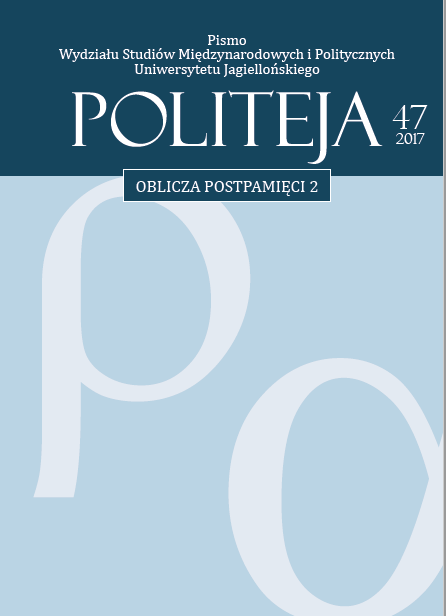Obóz „Goli otok ” w relacji międzypokoleniowej. Przypadek filmu Goli Tihej K. Gudak
Goli Otok Prison Camp in the Intergenerational Relationship. The Case of Tiha Gudac’s Documentary Film Goli
Author(s): Katarzyna TaczyńskaSubject(s): Sociology, Film / Cinema / Cinematography
Published by: KSIĘGARNIA AKADEMICKA Sp. z o.o.
Keywords: Goli otok prison camp; documentary film; Croatia; postmemory
Summary/Abstract: The issue this paper refers to concerns the camp for political prisoners established in 1949 in Yugoslavia on the island of Goli otok. The primary objective of my article is to show that documentary films are a significant space for reflection on Goli otok camp. In the context of postmemory, particularly noteworthy is the film Goli from 2014, directed by Tiha K. Gudac, born in 1982. The analysis of this documentary is to present how the memory of the Goli otok prison camp works in the film and how it is transmitted. The film author belongs to the generation of the descendants of Goli otok prisoners. Goli is an attempt to confront the inherited traumatic experience of her grandfather, which – although hushed and hidden for the rest of his life – directly affected the family relationships.
Journal: Politeja - Pismo Wydziału Studiów Międzynarodowych i Politycznych Uniwersytetu Jagiellońskiego
- Issue Year: XIV/2017
- Issue No: 47
- Page Range: 145-157
- Page Count: 13
- Language: Polish

